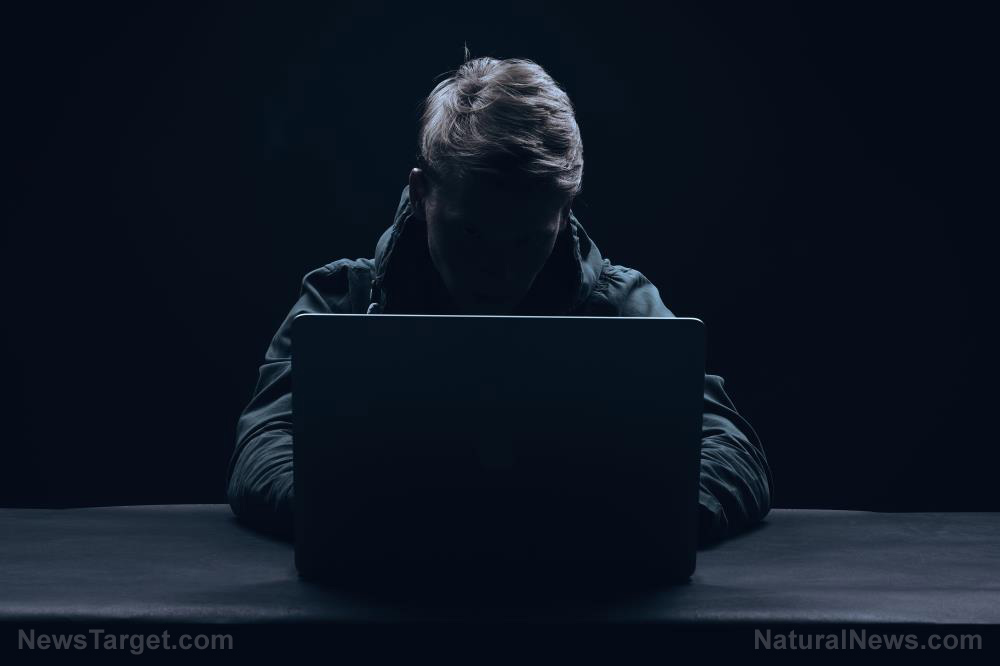
A new Government Accountability Office (GAO) report recently revealed that gaming companies are coordinating with the Federal Bureau of Investigation (FBI) and Department of Homeland Security (DHS) to root out "domestic violent extremist content" – a move to align the vast gaming industry's processes with what they are doing now with Big Tech social media companies.
"The FBI and DHS have mechanisms to share and receive domestic violent extremism threat-related information with social media and gaming companies," the GAO report indicated. It further disclosed that the DHS intelligence office meets with gaming companies and that the companies can use these meetings to "share information with Intelligence and Analysis [DHS's intelligence office] about online activities promoting domestic violent extremism," or even simply "activities that violate the companies' terms of service."
Countering Violent Extremism: FBI and DHS Need Strategies and Goals for Sharing Threat Information with Social Media and Gaming Companies https://t.co/sQ6pAwNaGA
— U.S. GAO (@USGAO) February 28, 2024
The report also drew on interviews conducted with five gaming and social media companies including Roblox, an online gaming platform; Discord, a social media app commonly used by gamers; Reddit; as well as a game publisher and social media company that asked the GAO to remain anonymous. Through its 56 field offices and hundreds of resident agencies' subordinate field offices, the FBI also receives tips from gaming companies on potential law-breaking and extremist views for further investigation. The FBI also conducts briefings to gaming companies on purported threats.
The report followed an investigation that covered Sept. 2022 to January of this year as requested by the House Homeland Security Committee. At the moment, there is no federal law that criminalizes domestic violent extremism as a category of crime, but since 2019, the U.S. government has employed five domestic terrorism threat categories, defined as racial/ethnically motivated violent extremism, anti-government/anti-authority violent extremism, animal rights or environmental violent extremism, abortion-related violent extremism and all other domestic terror threats.
The GAO study also reportedly received "surveillance" pressure from Congress. Senate Judiciary Committee Chair Dick Durbin (D-Ill), sent letters back in March to gaming companies Valve, Activision Blizzard, Epic Games, Riot Games, Roblox Corp and Take-Two Interactive demanding that they take action to police gamers. "Unlike more traditional social media companies, which in recent years have developed public-facing policies addressing extremism, created trust and public safety teams, and released transparency reports, online gaming platforms generally have not utilized these tools," Durbin said in a letter to Attorney General Merrick Garland. He requested a briefing from the Department of Justice (DoJ) on what channels exist for DoJ and the online video game industry to communicate and coordinate on the threat of "online video games by extremists and other malicious actors."
Meanwhile, there is resistance on the end of the gamers, especially since this regime has already been marked to invade the public's privacy. "All I can think of is the awful track record of the FBI when it comes to identifying extremism," Hasan Piker, a popular Twitch streamer who often streams while playing video games under the handle HasanAbi, commented. "They're much better at finding vulnerable teenagers with mental disabilities to take advantage of." (Related: Biden's government caught surveilling bank transactions of conservatives and Trump supporters.)
Domestic terrorism threats started after J6: White House
To observers, President Joe Biden's administration has been very focused on combating "extremism" especially since his term launched on the heels of the Jan. 6 "Capitol Riot." On his first full day in office, he immediately directed his national security team to conduct a comprehensive review of federal efforts to fight domestic terrorism, which the White House has deemed "the most urgent terrorism threat facing the United States."
He prioritized this measure over foreign terrorist groups like the Islamic State group, as per the first-ever national strategy for fighting domestic terrorism, released by the White House in June 2021. It mentioned "online gaming platforms" as a place where recruiting and mobilizing individuals to domestic terrorism occurs.
The intelligence community assessed that the extremists emboldened by events like J6 "pose an elevated threat to the Homeland" and that domestic violent extremist attackers often radicalize independently by consuming violent extremist material online and mobilize without direction from a violent extremist organization, making detection and disruption difficult.
Sources for this article include:
Please contact us for more information.













